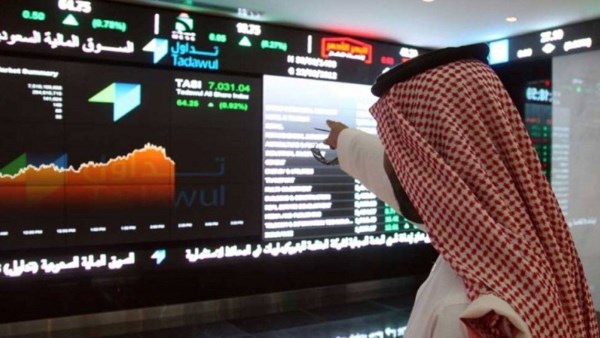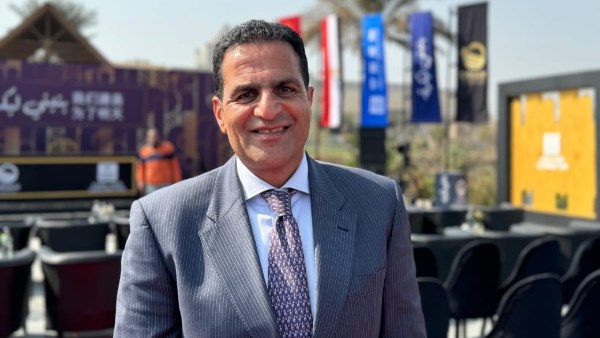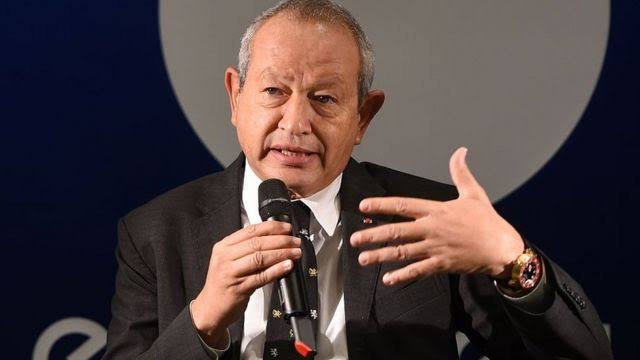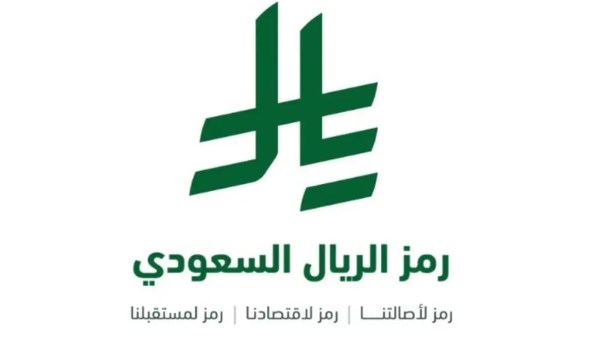There’s still concern that weak oil prices will hamper the market
Saudi Stocks Poised to Rebound as Trade War Risks Grow for Peers

Saudi stocks are trailing emerging-market benchmarks for the first time since 2020, but some investors see several reasons why next year could turn out better.
For one, Saudi Arabia isn’t in the crosshairs of US President-elect Donald Trump’s threats to hike trade tariffs. That could make the market more appealing than peers such as China or Mexico. And while share valuations still aren’t cheap, they’ve come down from lofty levels seen earlier this year.
“We are bullish on the Saudi market for 2025,” said Thea Jamison, managing director at Change Global Investment LLC. “Saudi will benefit from the portfolio flow rotation out of China. To top it off, valuations are becoming more compelling once again.”
A rough year
Jamison sees a comeback after a rough year for the Tadawul All Share index, which has fallen about 1% this year, lagging a gain of over 7% for MSCI’s emerging equity index. Much of that was down to an 11% decline in Saudi Aramco amid oil output cuts linked to OPEC+ and a $12.35 billion secondary share sale.
Saudi Arabia and most other Gulf states also peg their currencies to the dollar, making them less prone to volatility caused by a stronger greenback. That’s key for Nenad Dinic at Bank Julius Baer & Co., who notes the riyal’s exchange-rate peg to the dollar means Saudi monetary authorities cut interest rates in lock-step with the US, offering stimulus to the economy.
The market is “positioned as a low-beta play in the current environment dominated by tariff fears and dollar strength,” he said.
Dinic favors sectors aligned to the so-called Vision 2030 initiative to wean the Saudi economy off petrodollars. Banks should benefit from rising credit demand as the government’s spending spree on mega-projects ripples into consumer spending, tourism and construction, he added.
There’s still concern that weak oil prices will hamper the market. Energy and materials directly comprise about 29% of the index and crude-related activities account for almost half of the economy. Crude prices at about $72 remain well below breakeven levels for the Saudi budget and are unlikely to rise much next year.
“Oil does affect sentiment in the market, but we believe the long-term range of $70-75 per barrel is already priced in,” said Junaid Ansari, director of investment strategy at Kamco Invest in Kuwait City.
Strong earnings growth
He sees the market as undervalued, given expectations of strong earnings growth at the larger Saudi companies. The Tadawul index now trades around 15 times forward earnings — below its own five-year average — having been at an 18.5 times multiple a few months ago.
Even fund managers wary of the oil outlook, such as Fergus Argyle at EFG Asset Management UK, reckon that with some careful stock-picking, the Saudi index can do well next year — especially if Trump re-ignites global market volatility.
“One clear positive is, in an era of expected Trump dollar strength, Saudi stocks will likely be relatively insulated versus other emerging markets,” Argyle said.




















